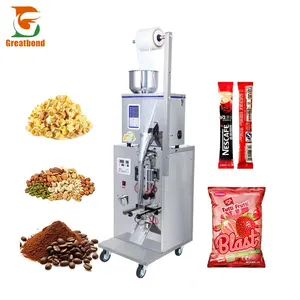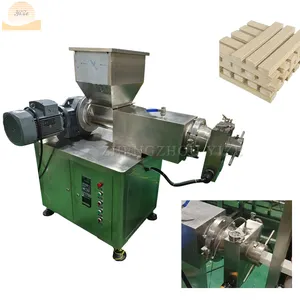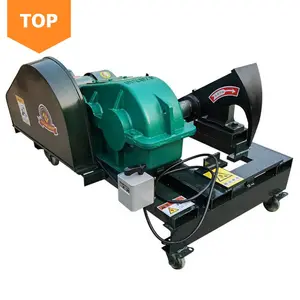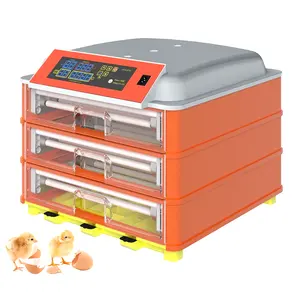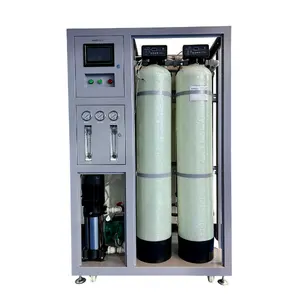Popular in your industry
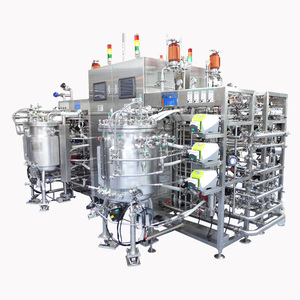

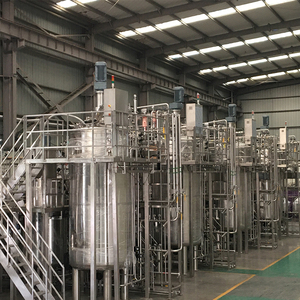
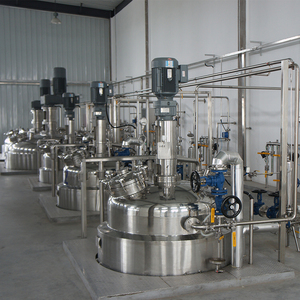














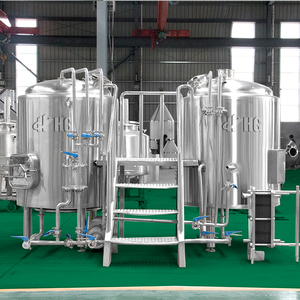









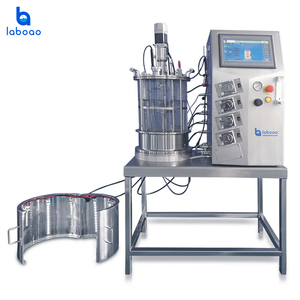







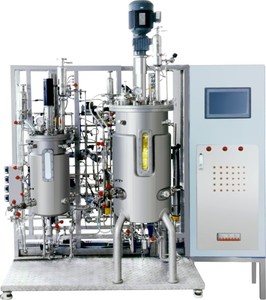










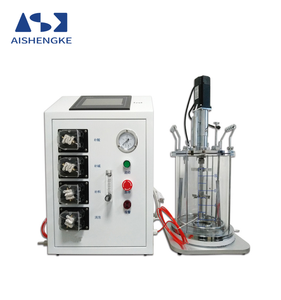





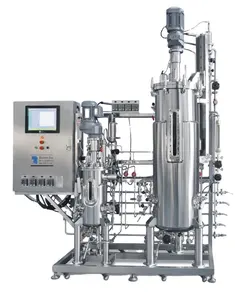





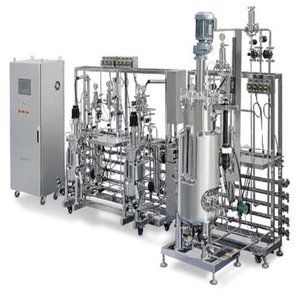


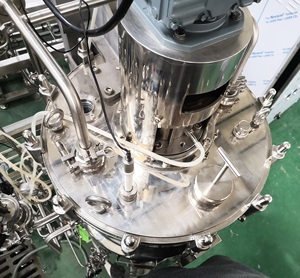

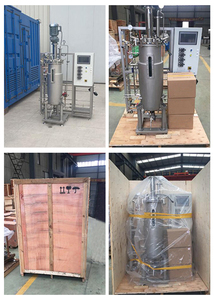






Related Searches:

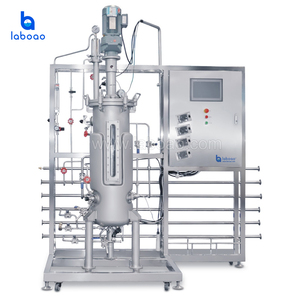
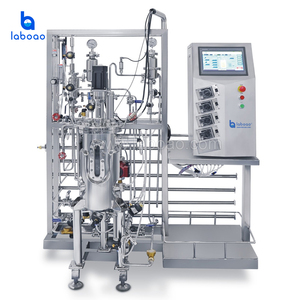










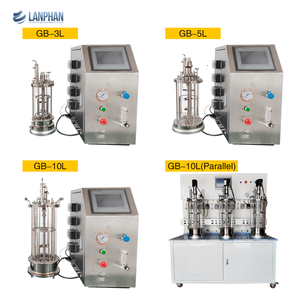














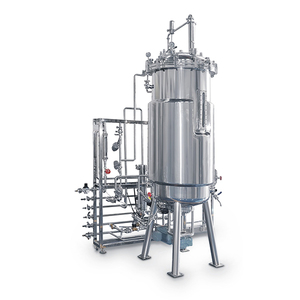


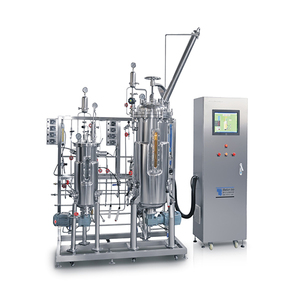









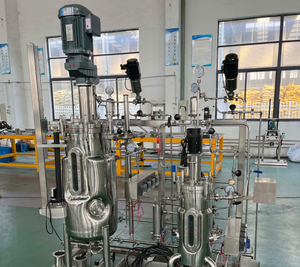









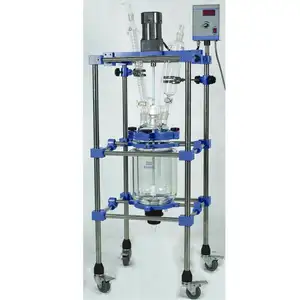




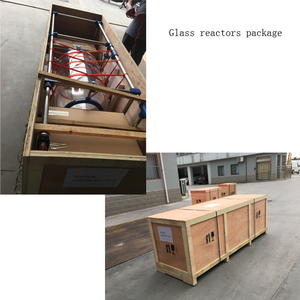

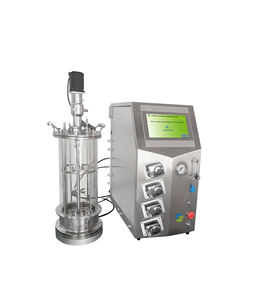






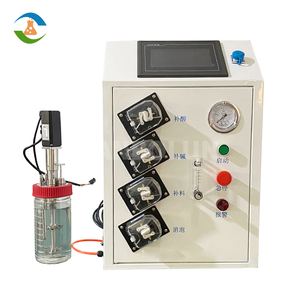























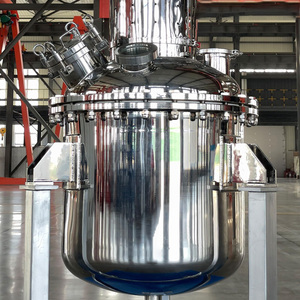


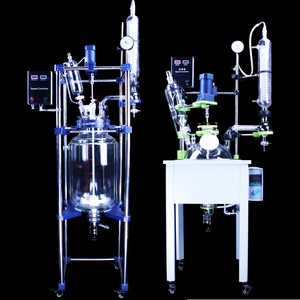




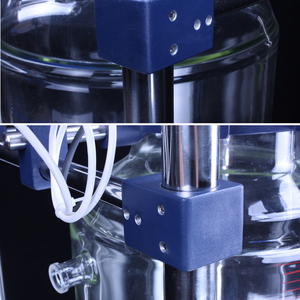


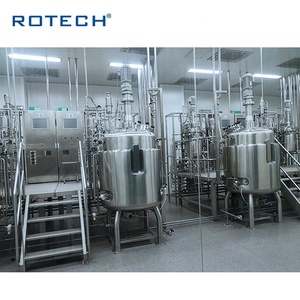





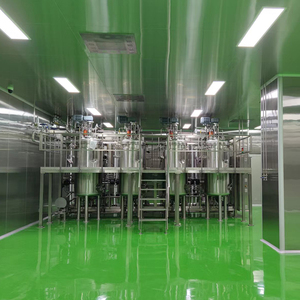
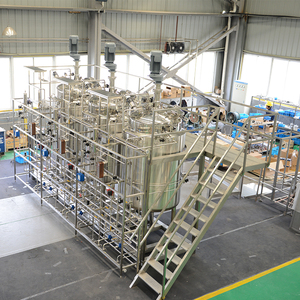



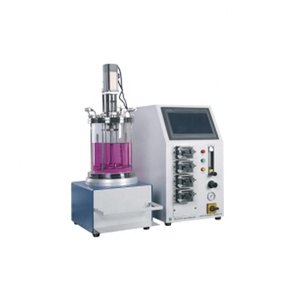








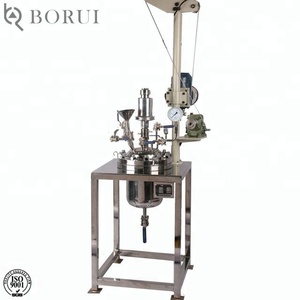
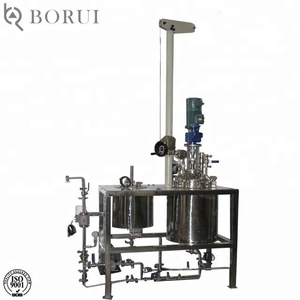
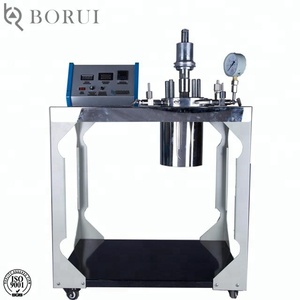


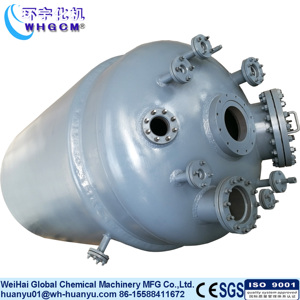






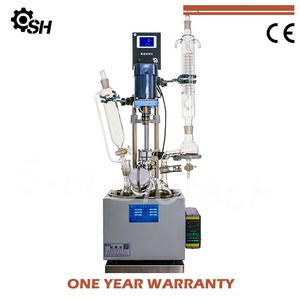

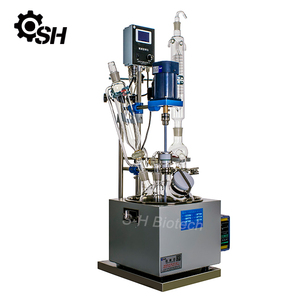

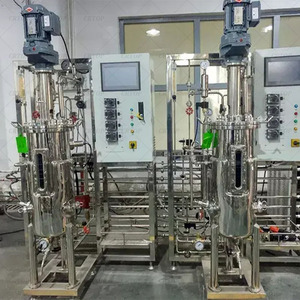







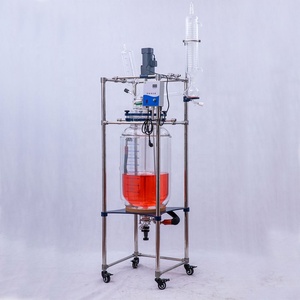

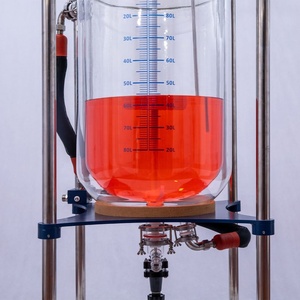




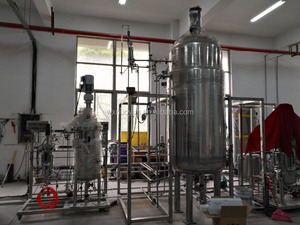

Top categories
About bioreactor fermentor
A bioreactor fermentor is a vital piece of equipment used in various industries, notably biotechnology and pharmaceuticals, for the controlled cultivation of cells, tissues, and microorganisms. It provides an environment where these biological entities can grow and thrive under specific conditions. A bioreactor fermentor is designed to facilitate the process of fermentation and other biologically mediated reactions. It is commonly used for producing biopharmaceuticals, cultivating cells for research, and manufacturing biofuels. A bioreactor fermenter is a complex apparatus that integrates various components to create and maintain the ideal conditions for the growth and activity of biological cultures.
Types of bioreactor fermentor
Various types of fermentor and bioreactor are available, each tailored to specific applications and operational requirements. Batch bioreactors are the simplest type and are used for small-scale processes. They involve loading all the components at the beginning of the operation and then allowing the process to run until completion. Continuous bioreactors, on the other hand, operate continuously, with fresh media being added while the product is simultaneously harvested. These are more efficient for large-scale production but also require more complex control systems. Some bioreactors offer the flexibility of being configured as either batch or continuous based on the production needs, known as fed-batch bioreactors.
Perfusion bioreactors, as the name suggests, involve a continuous flow of fresh media through the bioreactor, enabling better control of the culture environment. These are commonly used for sensitive cell cultures and in the production of therapeutic proteins. Disposable or single-use fermentors are increasingly popular for their convenience and reduced risk of contamination. These bioreactors are pre-sterilized and used for a single production run, eliminating the need for cleaning and sterilization between batches.
Applications of bioreactor fermentor
The applications of bioreactor fermentors are diverse and span across various industries. In biopharmaceutical manufacturing, bioreactors play a crucial role in the production of therapeutic proteins, monoclonal antibodies, vaccines, and other biologics. They provide a controlled environment for the cultivation of genetically engineered cells or microorganisms that produce these complex molecules. The bioreactor's ability to precisely regulate parameters such as temperature, pH, oxygen levels, and agitation speed is essential for maximizing product yield and quality. This technology is also used to produce enzymes, organic acids, and other biochemicals. The field of regenerative medicine relies on bioreactors for tissue engineering, creating artificial organs, and growing cell-based therapies. The ability to mimic the physiological conditions necessary for tissue growth and regeneration is vital for the success of these applications. In biofuel production, bioreactors are used to cultivate microorganisms or algae that can convert organic matter into biofuels, such as ethanol or biodiesel. This renewable energy source is gaining importance in the quest for sustainable alternatives to fossil fuels.
Advantages of bioreactor fermentor
The advantages of single-use fermentors lie in their convenience, cost-effectiveness, and reduced contamination risk. They eliminate the need for cleaning and sterilizing between batches, saving time and resources. Single-use fermentors also reduce the risk of cross-contamination, ensuring the integrity of each production run. Their disposable nature simplifies the validation and qualification process, streamlining the overall manufacturing workflow. Additionally, single-use systems offer scalability, allowing for easy adaptation to different batch sizes and production requirements. These factors contribute to their widespread adoption in biopharmaceutical and biotechnology industries.
